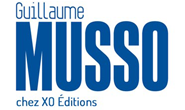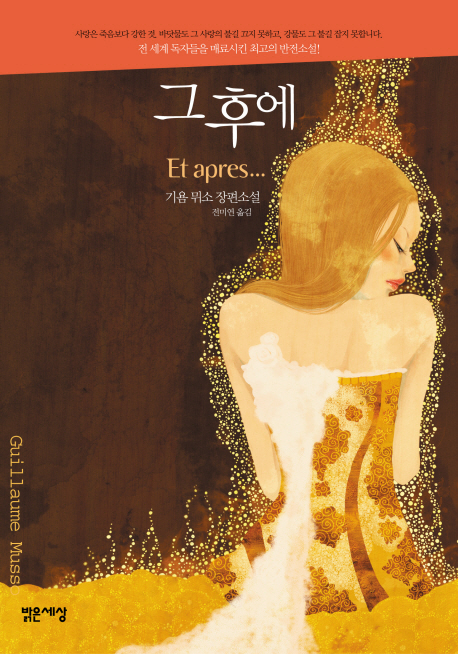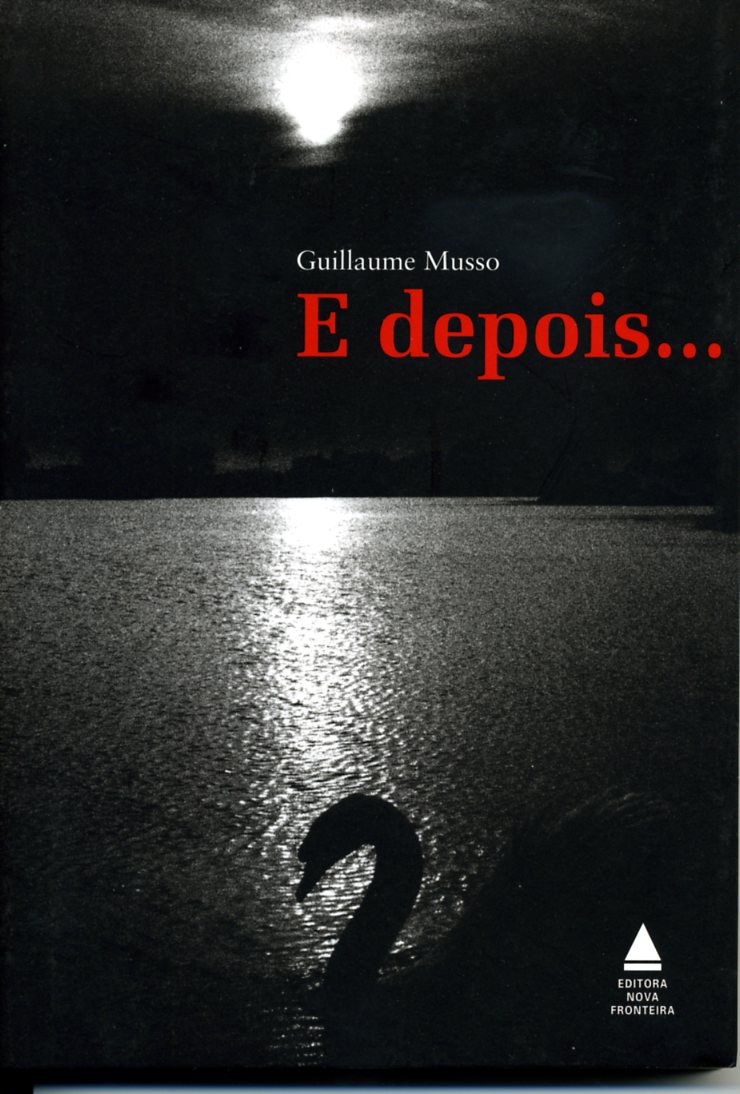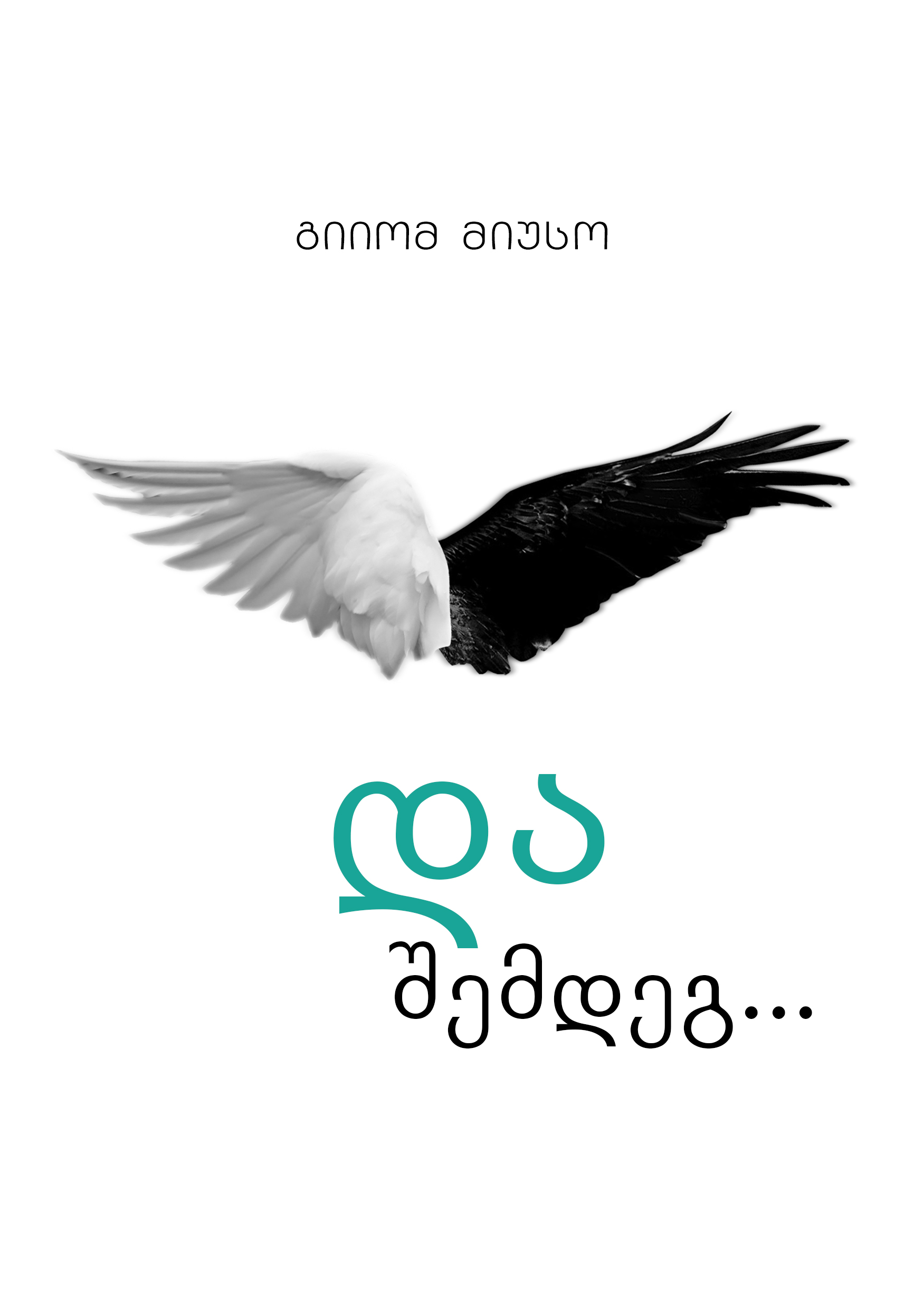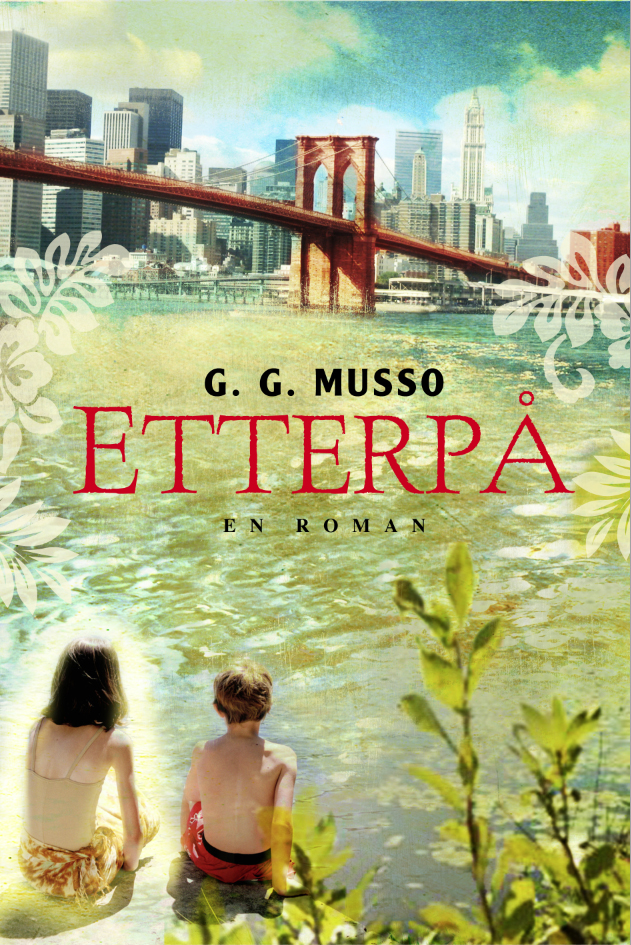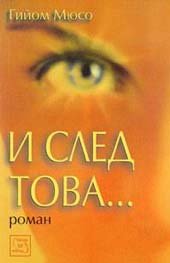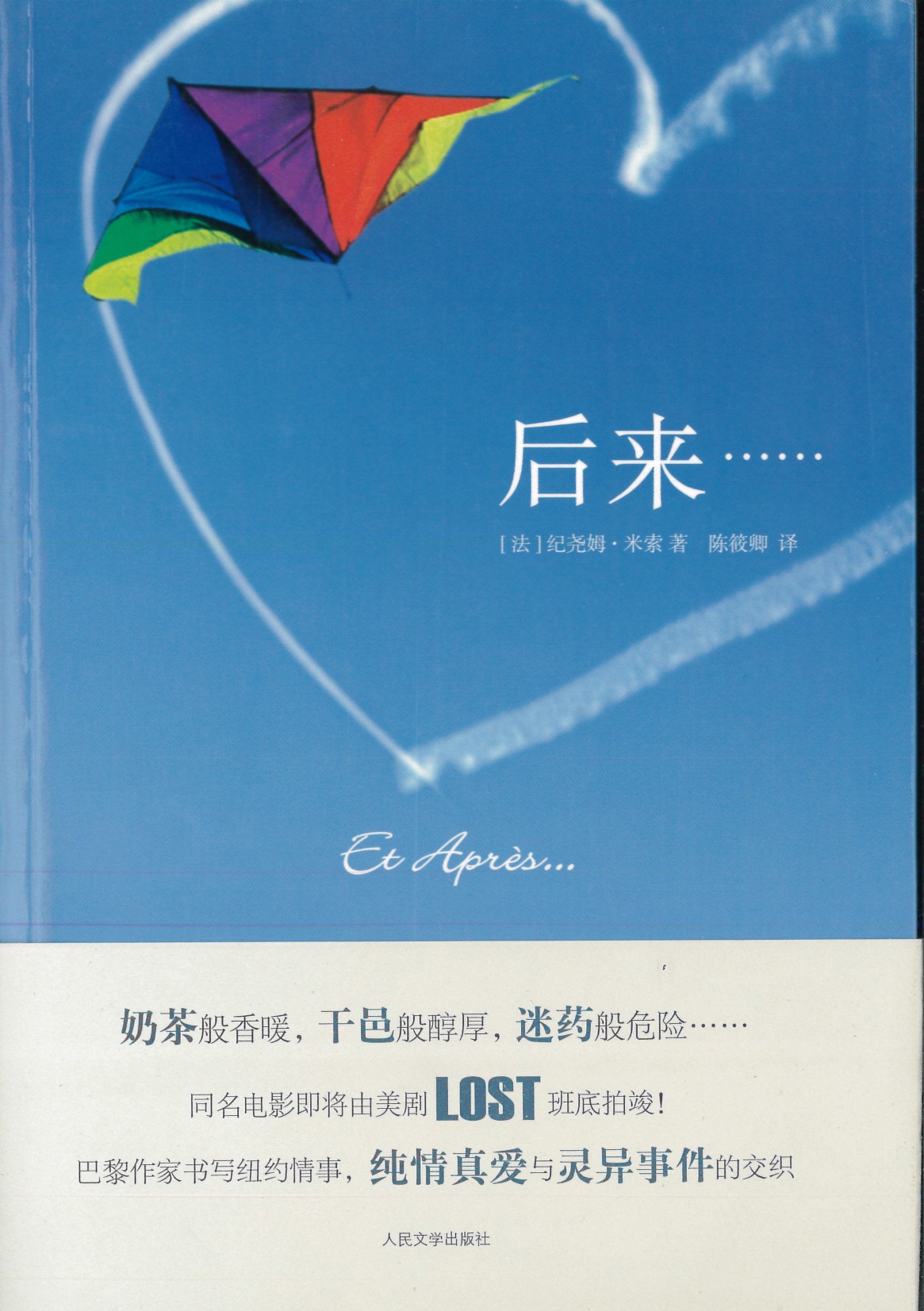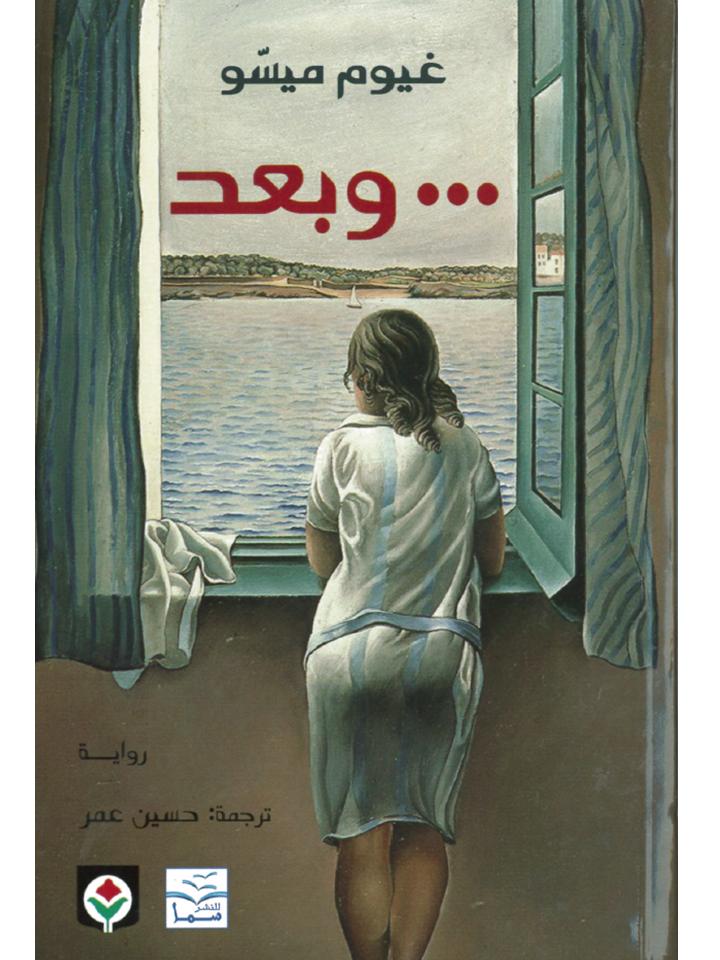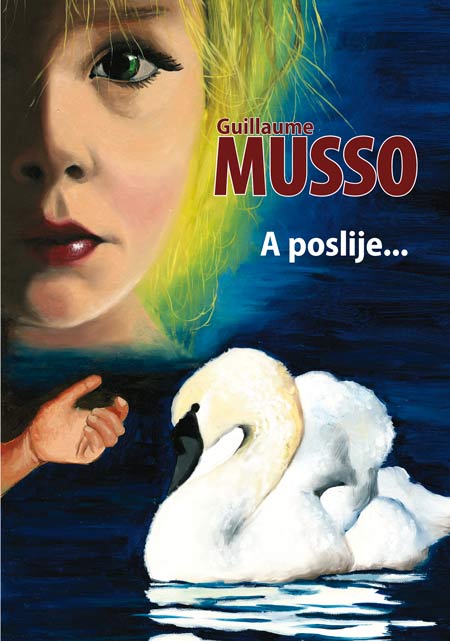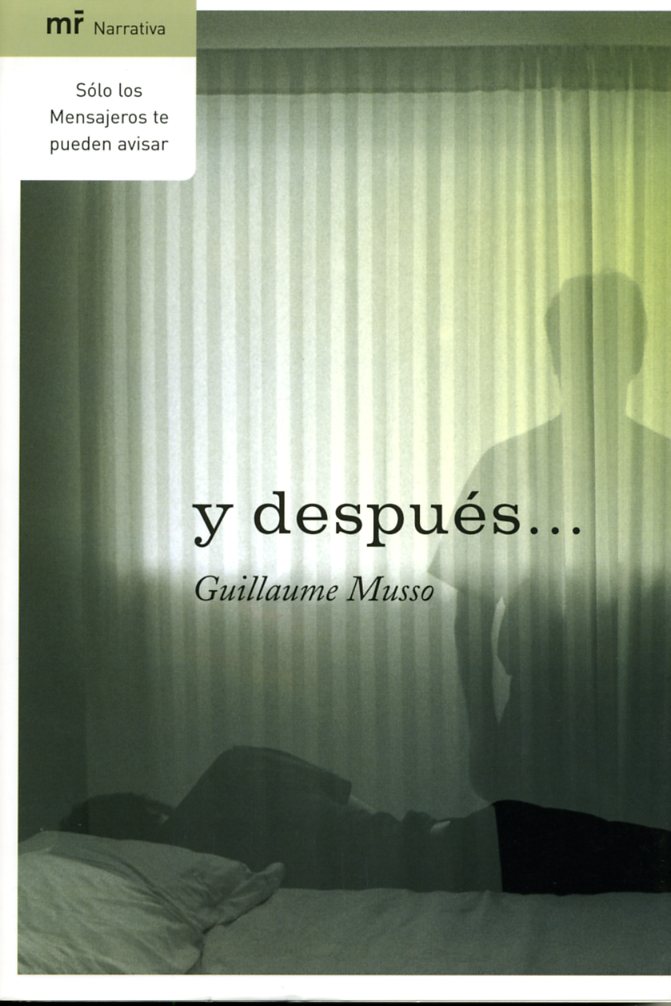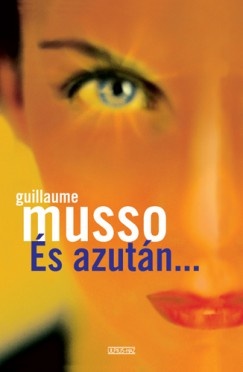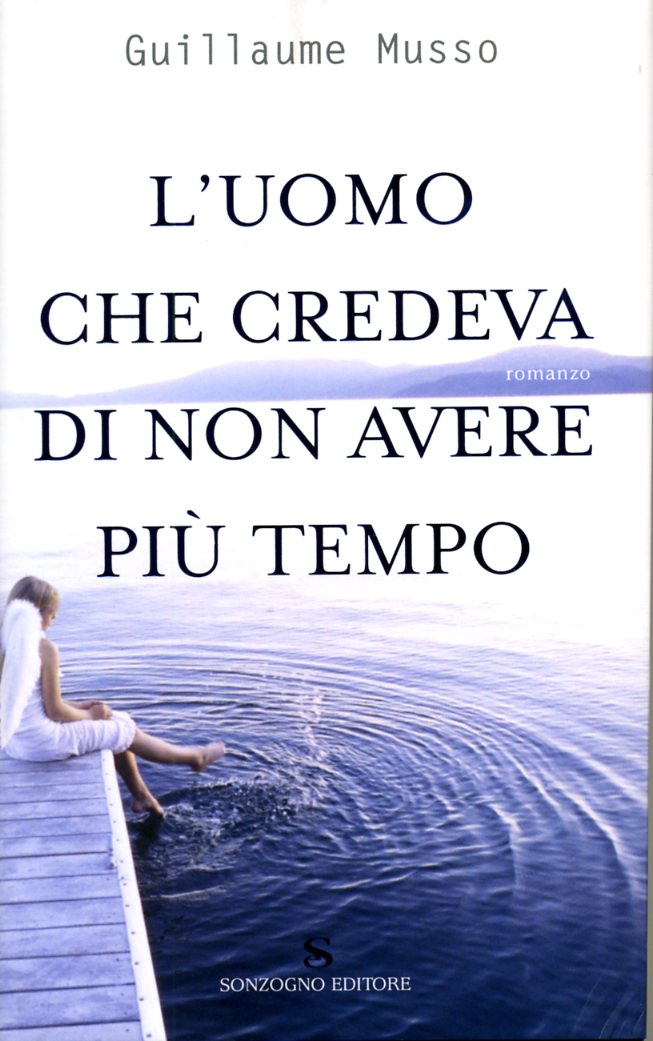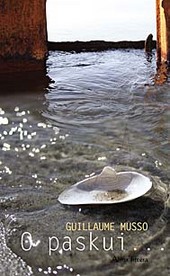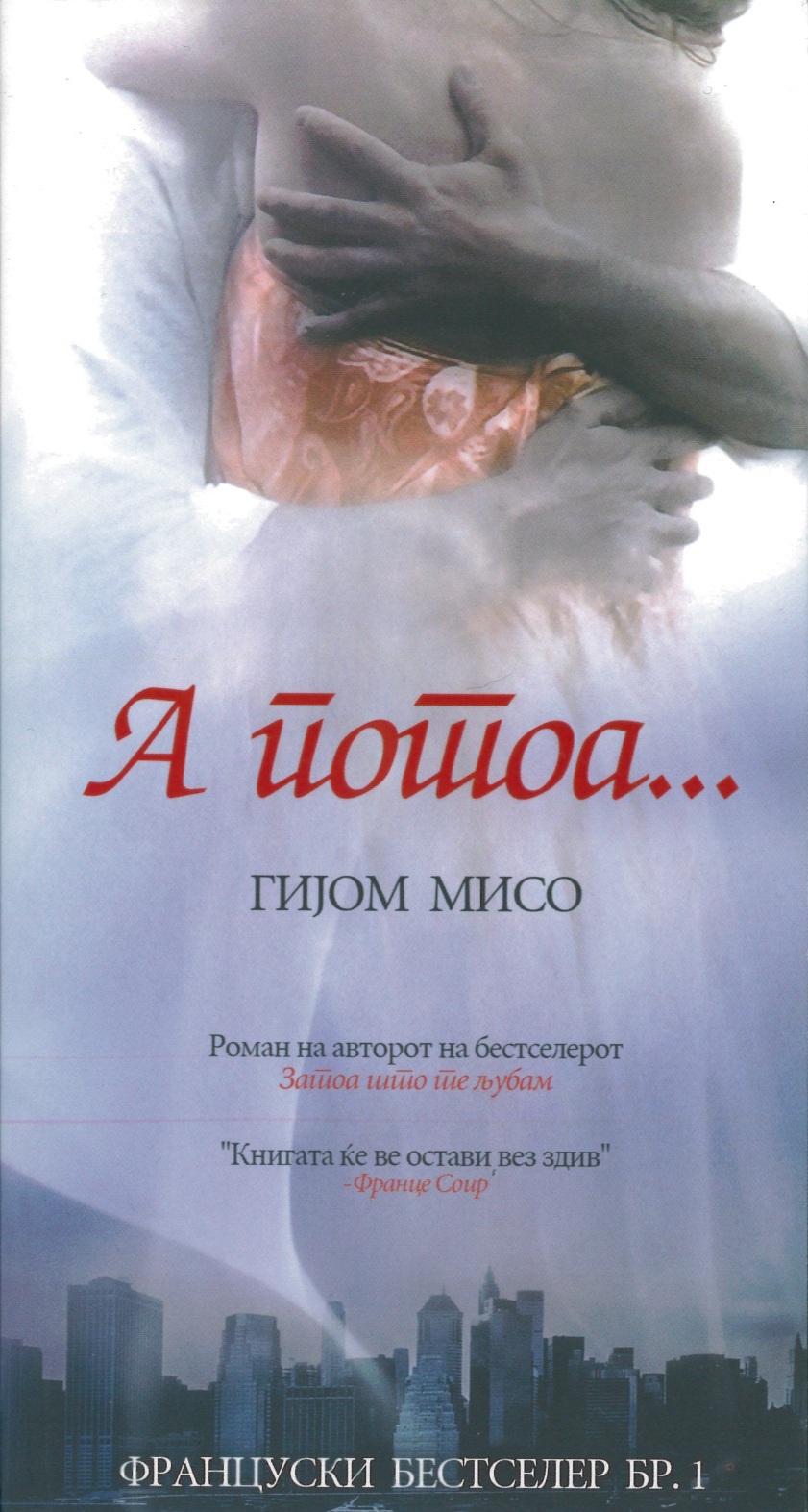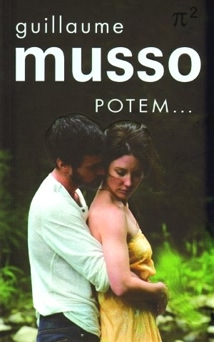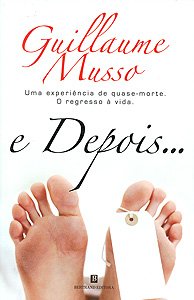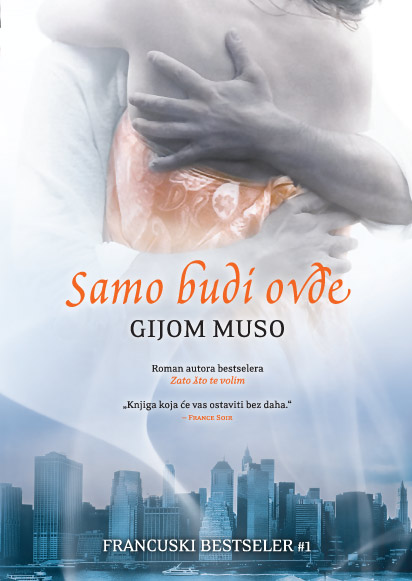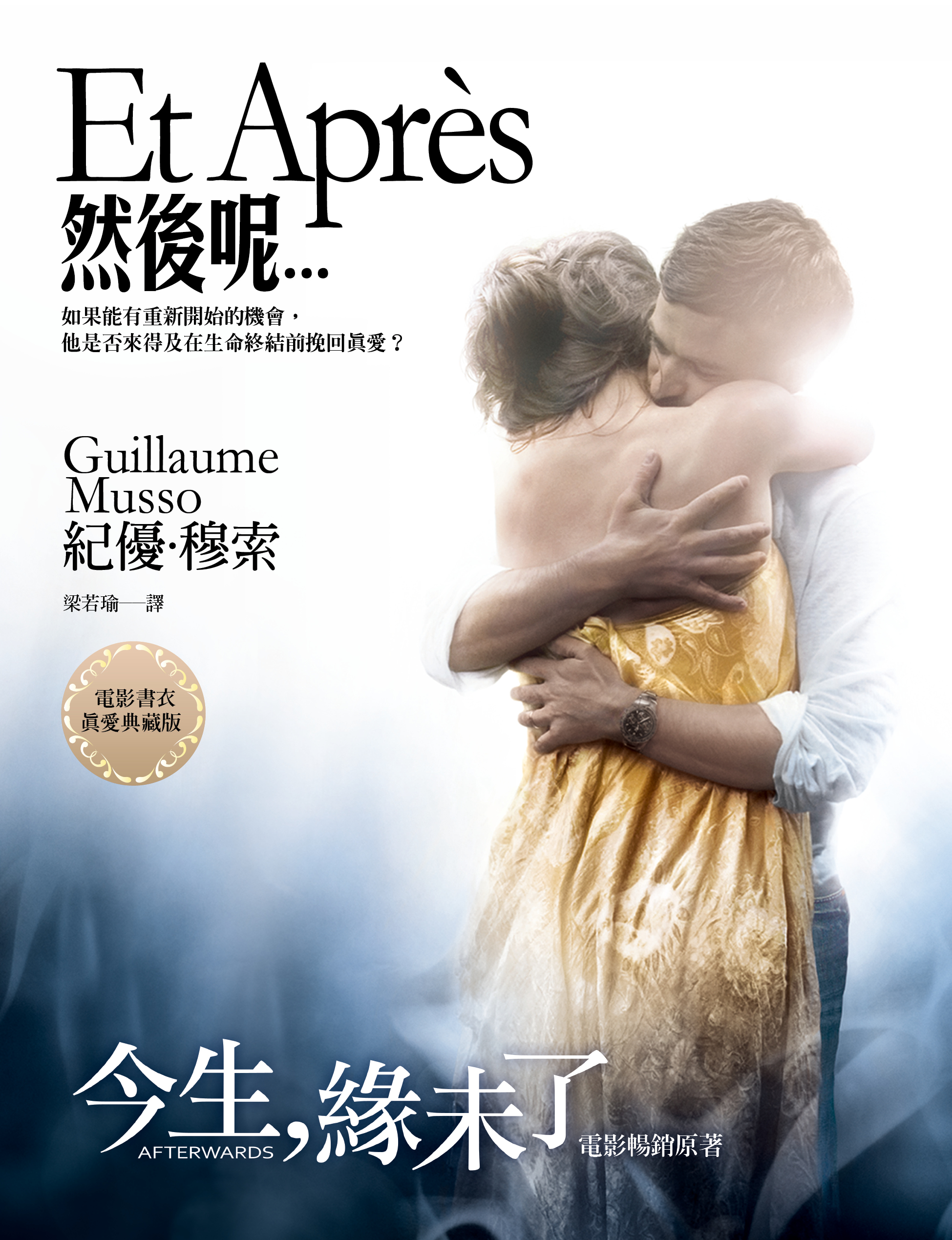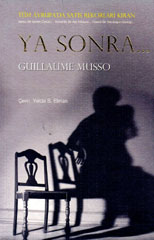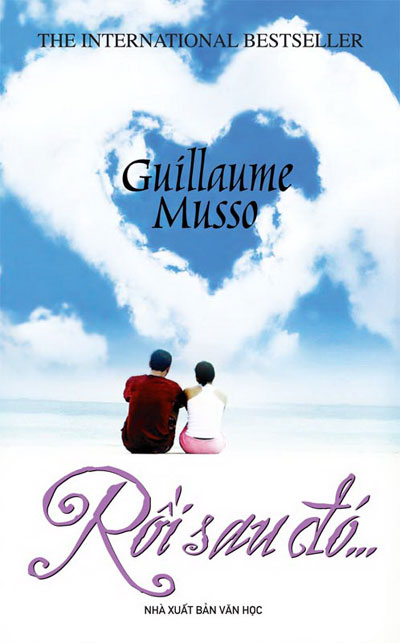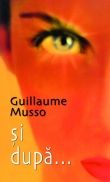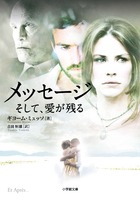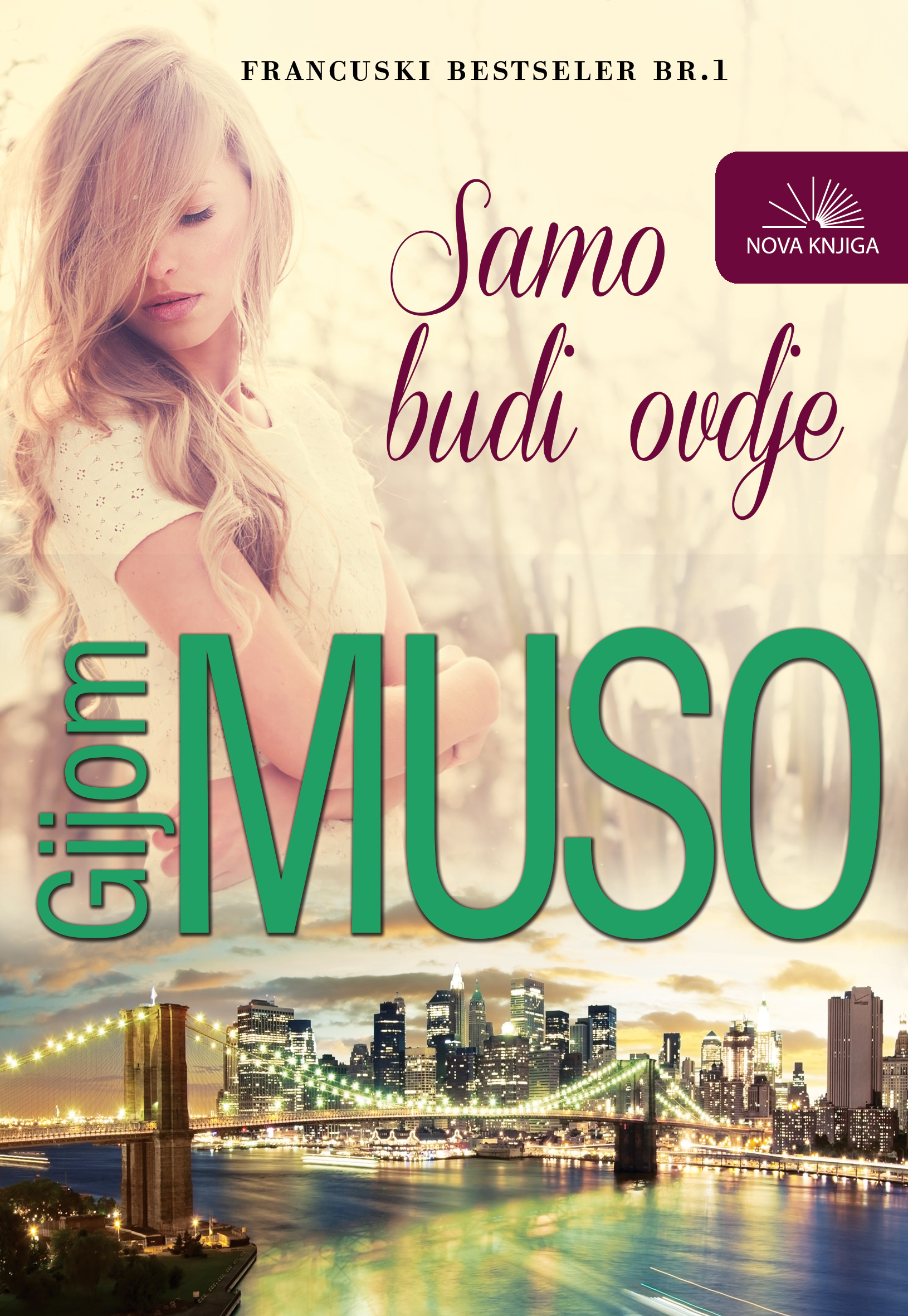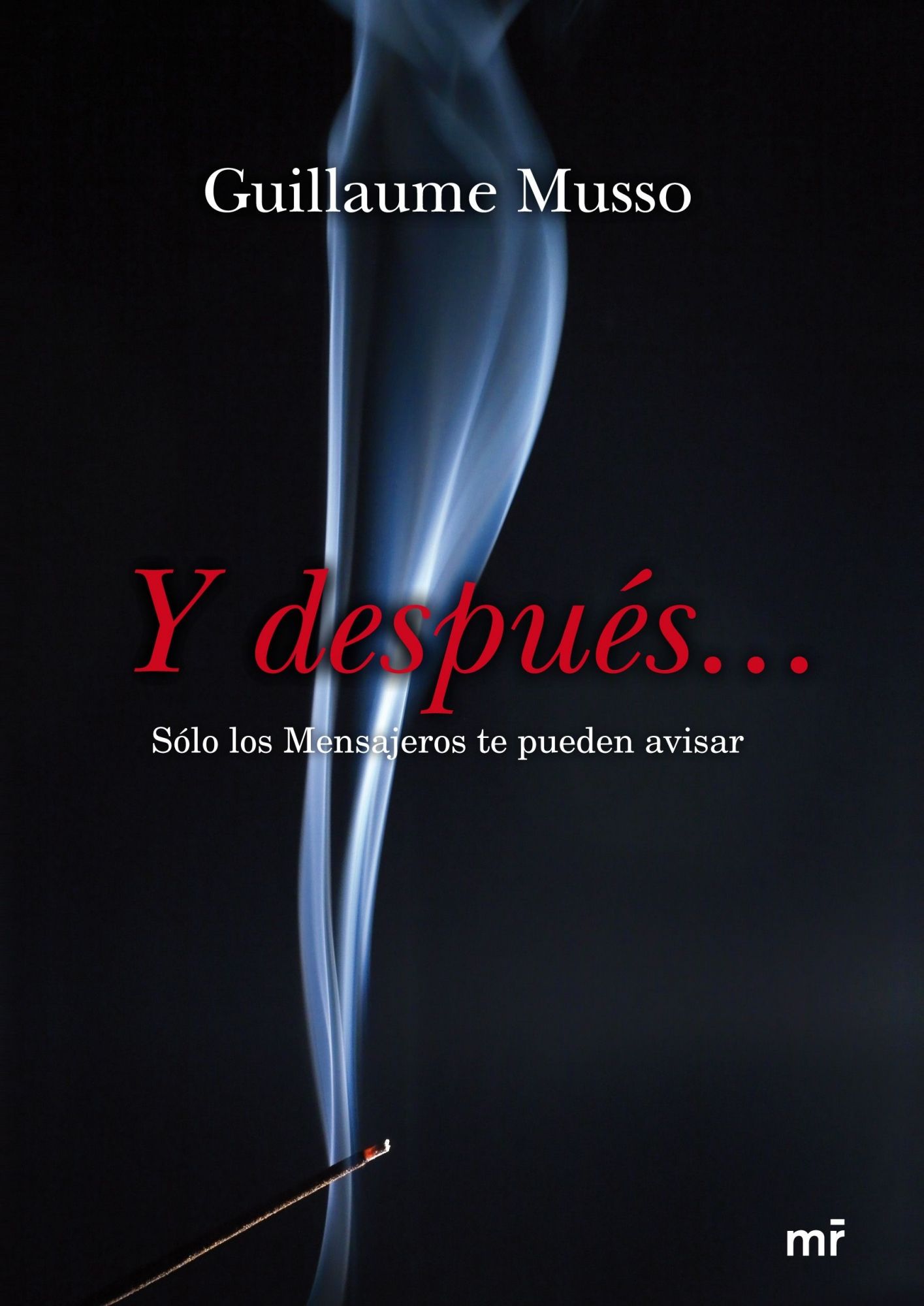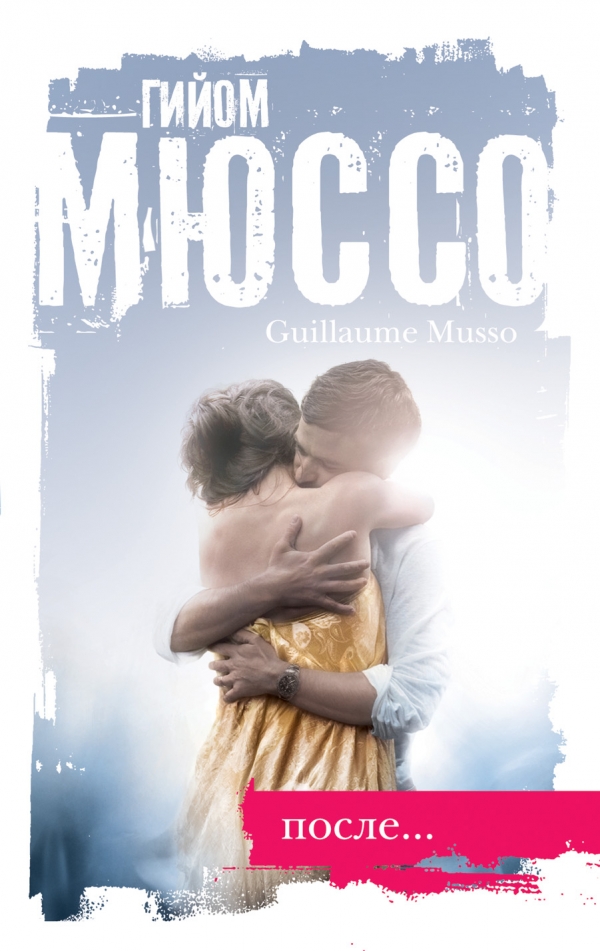I first fell in love with books when I was ten years old. Up until then, books had always bored me, but the year I turned ten, I read a string of novels that blew me away: Wuthering Heights by Emily Brontë, Ten Little Niggers by Agatha Christie…
Throughout my teenage years, I wrote my own tales in the form of short stories. When I turned 18, I started my first novel, the story of a man, separated from his wife, who is a brilliant pianist, and with whom he is reunited weeks before her death. I actually used part of it in Et Après... , for the characters of Garrett Goodrich and his wife. It took me three years to finish it, but I never sent it to any publishers, conscious as I was of its debut-novel characteristic shortcomings.
But no matter : I knew myself capable of telling a story over three or four hundred pages. Next time, maybe I would get it right…
When I graduated from university, I hesitated for a long time between the private sector and going into public education. I finally decided to become a teacher, especially since my chosen topic, namely economics, gives me the chance to teach an ever evolving subject which is very relevant today.
Being a teacher nowadays is all about working on interpersonal relations… Pupils come to class with their fears and expectations… There’s no routine, and you have to be prepared to face all manner of unexpected situations.
Putting to one side the much talked about difficulties that schools are currently experiencing, this is a profession that is nonetheless a collection of fulfilling moments.
In addition to this full time job, I try to write every day. Since days can’t be stretched out to last forever, I often stay up very late writing, even if, in general, I tend to be more productive in the morning.
This regularity in my work is absolutely essential, since even this so-called ‘inspiration’ requires putting in some effort. In fact, I don’t wait for ideas to come find me before starting to work, since more often than not, it’s through work that I find ideas.
Your novel is set in New York. Why did you decide to write an ‘American’ novel?
Location is important, since setting the scene contributes to the credibility of the story. Of course, ET APRES could be set anywhere: Paris, London, Tokyo… But when the first flashes of the story came to me, there was no doubt in mind that it was set in New York at Christmas.
It’s because New York is a place where anything can happen. It’s a city I know well, since I worked there for a few months when I turned 19 selling ice cream, and each time I go back, it fascinates me all over again.
The important thing, though, once the choice was made, was to be very specific in the description of the city, especially the atmosphere. And so my publisher sent me to Manhattan to get some ideas.
Finally, a large part of the novel was written in the months following the events of September 11th.
The attacks confronted a lot of people with their own mortality. Many left the city, others reunited with an old loved one, or had a baby. In any case, many asked themselves this question: if another attack were to happen, how would I like to live my final moments, and with who?
And that is the theme of the novel. But never fear, it’s not fatalistic or morbid. On the contrary, it’s an ode to life. Since death escapes us, we are the only actors of our own existence, and it’s up to us, and no one else, to make the most of our time on earth in order to make it a better place.
Nathan had a Near Death Experience. Is that something that you have personal experience of?
Not exactly, even though I was involved in a car accident, a few years ago, and it had a deep impact of me. Thankfully, I wasn’t seriously injured, even though the car was destroyed. I had never really thought about death, but suddenly I realized that all it takes is half a second for it to sneak up on you without warning.
I think that it was after that experience that I started to think about a story centered around the Near Death Experience. I did a lot of research, reading all the books on the subject that I could lay my hands on, such as Life after Life by Raymond Moody, and more recent ones like La traversée by Philippe Labro… Such experiences are not a new occurrence: Plato, in his Republic, tells the story of a soldier who has one out on the battlefield. What is interesting about accounts of NDEs is that after going through it, most ‘survivors’ have a newfound love for life and for others, as if one needed to have touched death to fully appreciate life!
Also, some claim that, after emerging from their coma, they discovered certain gifts, from a developed artistic sense to cognitive powers, which is what inspired me as a novelist.
And since one book leads to another, I started to become interested in the accompanying of the dying, through the work of Elisabeth Kübler-Ross (which inspired a large part of the Doctor Goodrich character) and Marie de Hennezel.
The paranormal manifests itself in the life of your character, Dr Goodrich, as he claims to predict people’s deaths. In your opinion, is his power a gift or a curse?
Both, I think. It’s a gift inasmuch as it was given to him so that he could help people. Goodrich comes into contact with people who are about to die in order to enable them to put their lives in order before they go, and to make peace with others and with themselves.
On the other hand, it’s also a curse, because psychologically, it is a very heavy burden to bear, one that he can never get rid of, and that is therefore only reserved for exceptional beings.
The love story that you created between Mallory and Nathan is uniquely powerful. Do you enjoy writing about our human emotions?
I can’t imagine writing a novel that doesn’t have a love story! Since it’s either love, or the lack of it, that guides much of human behaviour. To quote Christian Bobin: “We always suffer for love, even when we think we are not suffering at all”.
Having said that, I hate anything that is sickly sweet and vapid. ET APRES is in fact not a “romance novel”, per se. It is the story of a man who, convinced that he has very little time left, tries to rebuild the bridges he has burned in the past.
We therefore see a whole plethora of emotions: romantic love between him and his former wife as he tries to win her back, fatherly love between him and his daughter, love between him and his mother, and finally, a story about friendship and growth with Doctor Goodrich who, in his own way, will become a mentor and initiator for something that you will discover only at the end of the book.
Since you bring it up, the end of your novel is very surprising…
Yes, we see a real reversal in the plot, a “twist” that gives the story a whole new meaning. Of course, all stories can’t be treated in this manner, but I have always been fascinated by movies or novels that manage to create a real element of surprise in the conclusion.
Everyone remembers the end of Psycho, The Sixth Sense, The Usual Suspects, or Murder of Roger Ackroyd…
Who, in literature, inspires you and elicits your admiration? How about in the world of film?
Among the classics, BELLE DE SEIGNEUR by Albert Cohen has without a doubt impacted me the most. When it comes to modern foreign writers, Stephen King, for his capacity to bring fear into our day to day lives, Patricia Cornwell, for making a heroin so easy to empathize with, and Caleb Carr, author of The Alienist, for the sheer humanity of his characters.
For my writing, I also draw inspiration from the masters of the American thriller (Grisham, Crichton…) not so much for the themes they address but more for the way they construct their chapters and their stories.
Among modern French writers, the ones that absolutely stand out for me are Jean-Christophe Grangé, for the feverish pace that jumps out at you from every page, as well as Tonino Benaquista.
Movies also inspire me. Of course, a book differs from a movie, but I try to give certain chapters a very visual style, with a very choppy structure, and a consistent rhythm.
I especially enjoy Alfred Hitchcock’s movies, as well as such great classics of American comedy as The Seven Year Itch and The Apartment by Billy Wilder, as well as The Shop around the Corner by Ernst Lubitsch. And, more recently, The Sixth Sense, Silence of the Lambs, the Blue, White, Red trilogy by Krzystof Kieslowski, Magnolia, and Groundhog Day…
Have you thought about writing a screenplay?
Yes, I have two ongoing projects that I work on when I can find the time: one is a thriller, the other a comedy. I also enjoy tv series that allow you to follow characters over a longer period of time. I was really engrossed in Six Feet Under, for example.
Do you know what your next novel is going to be?
I already know it’s going to open in Manhattan, on the encounter between a man and a woman who never should have met… There will be suspense, a love story, and, most probably, a hint of the paranormal…
